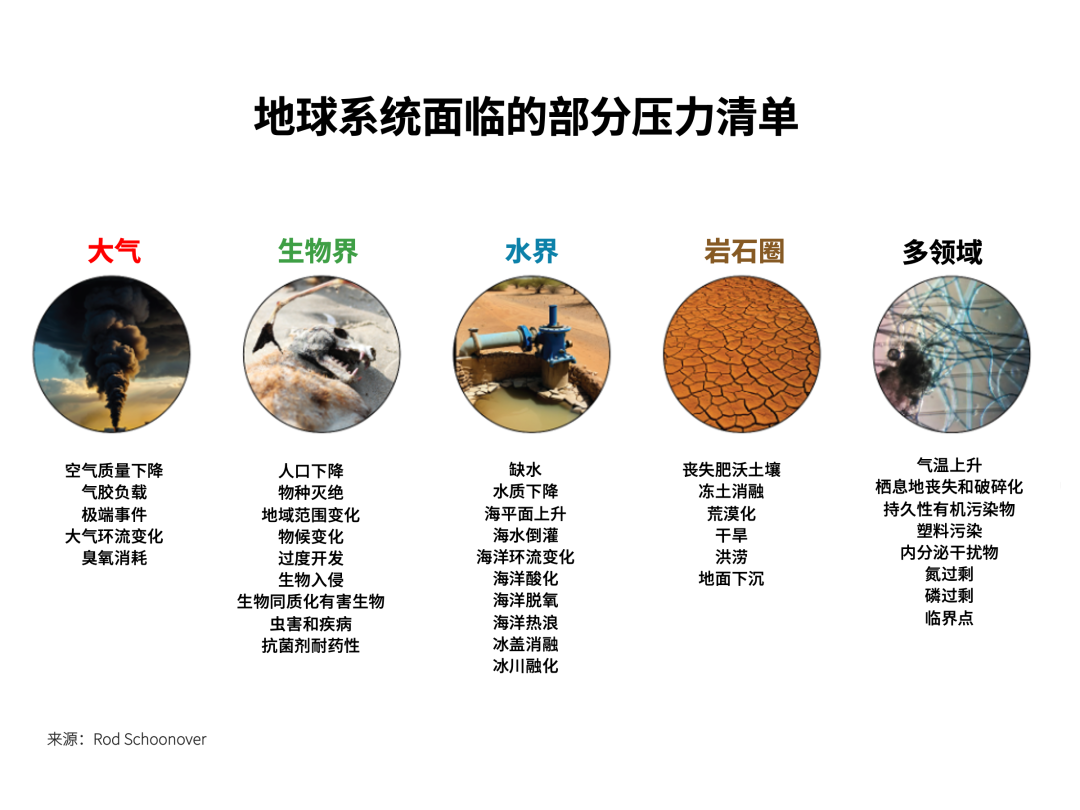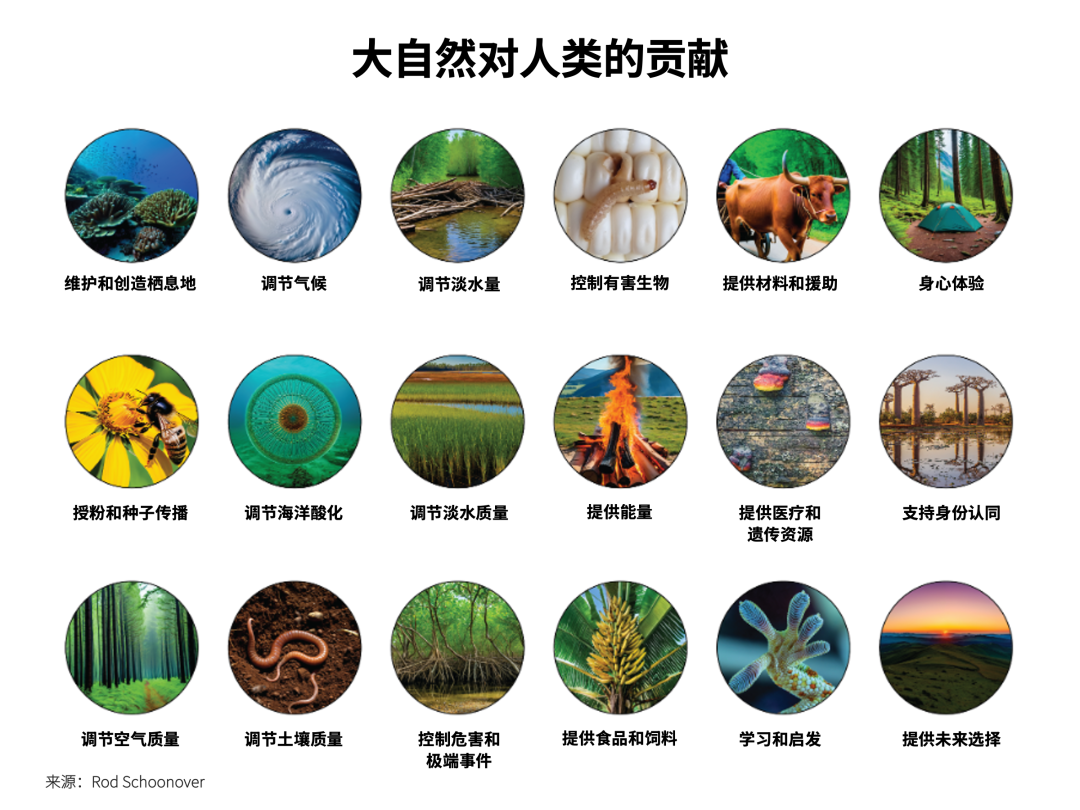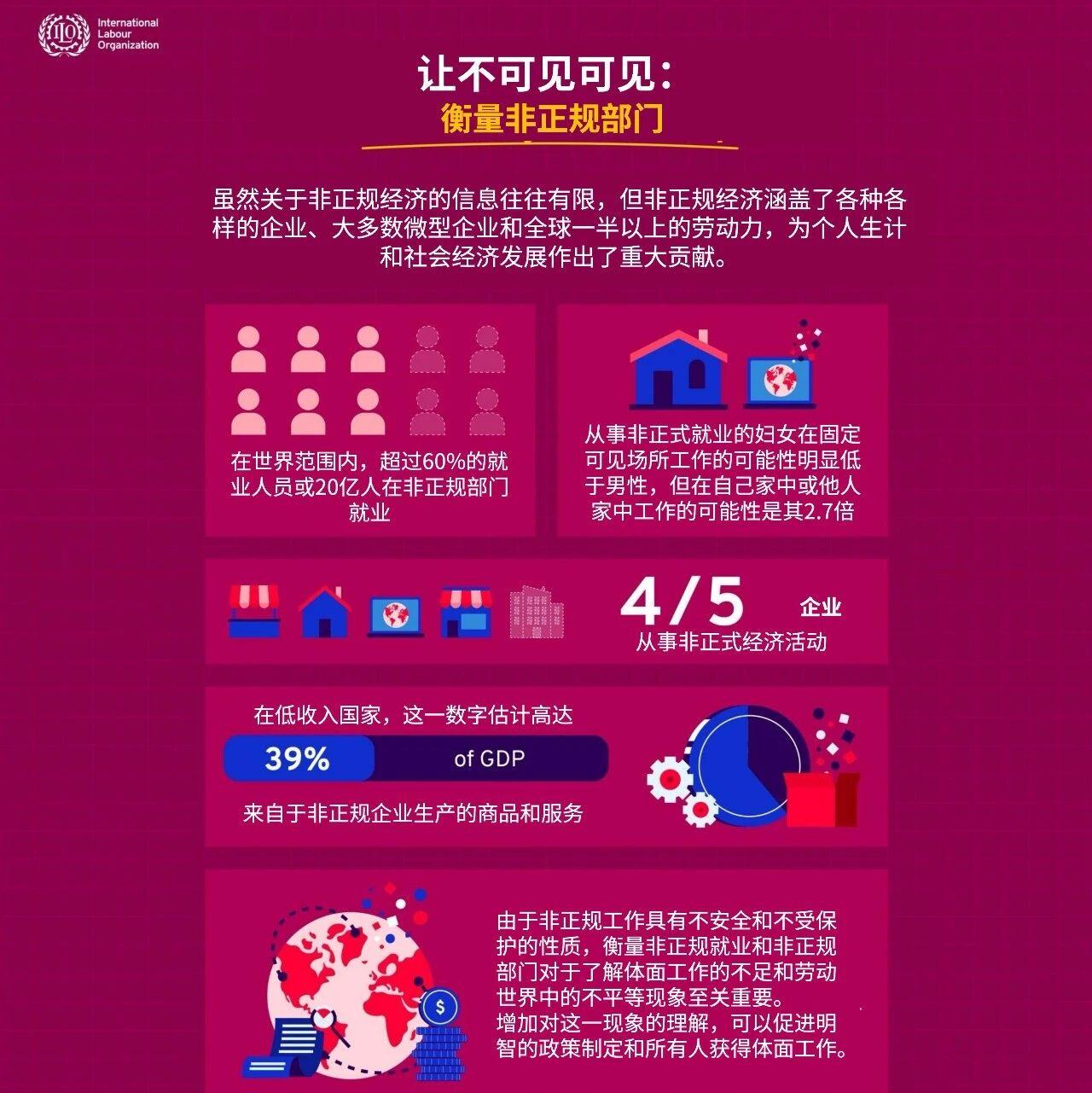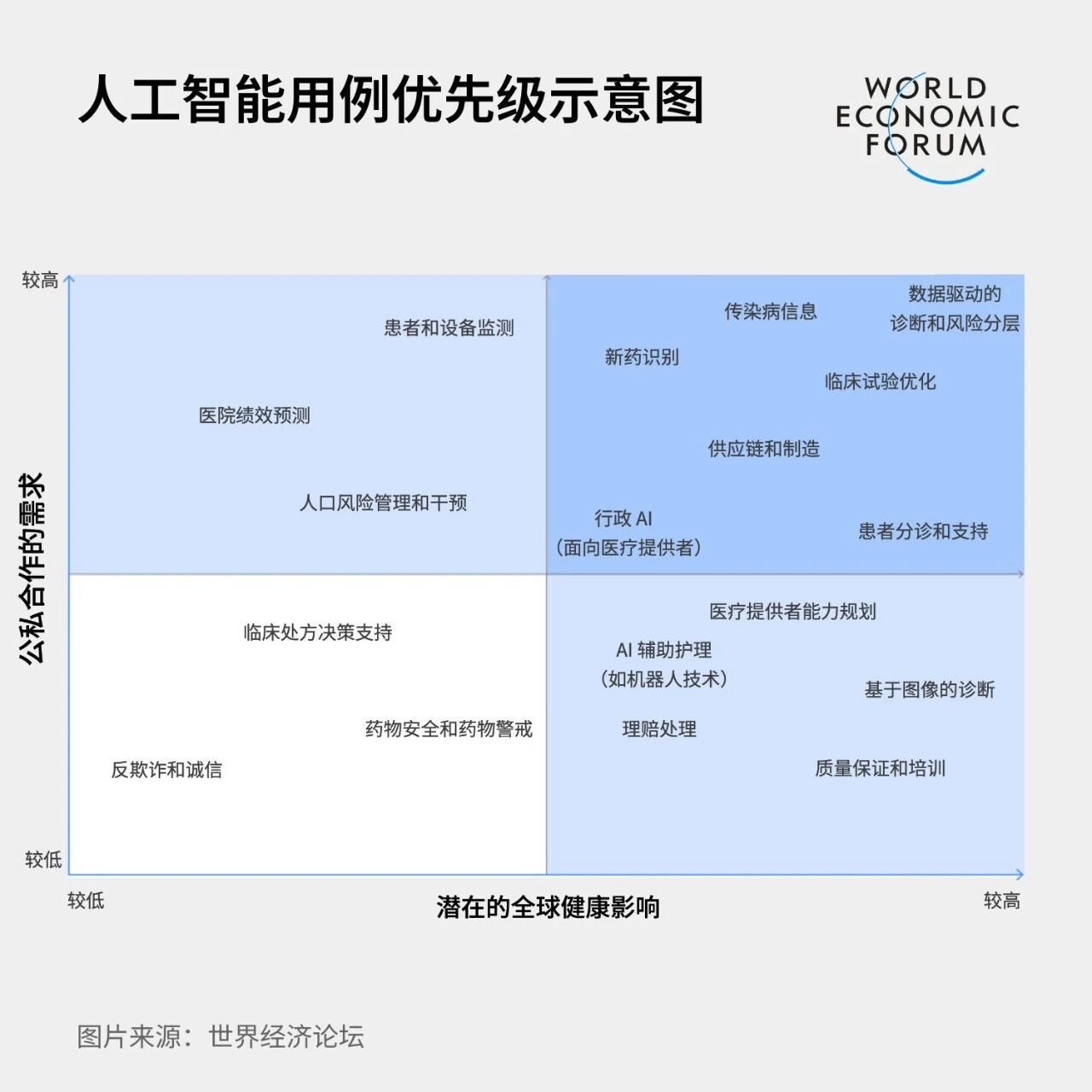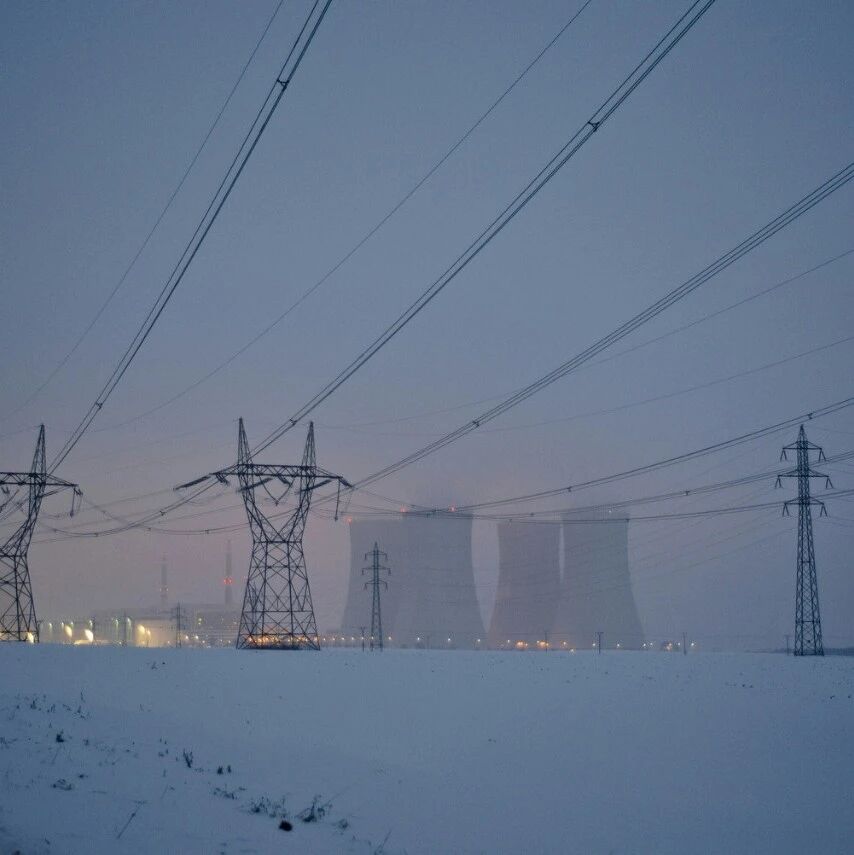As biodiversity loss, climate change, and pollution intensify, the growing pressures on Earth's systems are posing increasingly severe challenges to national security.
Image source:REUTERS/Baz Ratner
Rod Schoonover
Co-founder of the Ecosecurity Council
As biodiversity loss, climate change, and pollution intensify, the growing pressures on Earth's systems are posing increasingly severe challenges to national security.
Earth system pressures have already posed numerous challenges to national security.
We need to adjust the security framework to better address the evolving risk landscape, with the ultimate goal of fostering collaborative partnerships among all stakeholders.
As the mid-21st century approaches, the global security landscape is growing increasingly complex and. Conflicts in regions such as Ukraine, the Middle East, and sub-Saharan Africa are not only undermining international peacekeeping efforts but also exacerbating humanitarian crises and sparking public protests.Asia, Latin America, and other regions in Africa continue to face a range of security challenges, including political instability, organized crime, and rampant corruption.The seismic shifts in geopolitics have drawn global attention, while simultaneously intensifying the mounting pressures on Earth's systems—such as biodiversity loss, climate change, and pollution. Moreover, we may also witness irreversible damage resulting from crossing ecological tipping points, including those of coral reefs and Greenland's ice sheet.These pressures will almost certainly have a significant impact on global security—indeed, many regions are already feeling the effects.Safe mode is undergoing a transformation.The current security paradigm is still anchored in the Earth of the past—yet that Earth no longer exists. Without intervention, today’s geopolitical turmoil and mounting pressures on Earth’s systems could very well trigger an unprecedented and highly unpredictable global security crisis. Therefore, it’s urgently necessary to integrate these critical factors into our existing security frameworks.Human activities have profoundly altered the face of Earth. Discussions about safety issues often revolve around climate change and the strain it places on Earth's systems, yet they overlook the equally critical pressures exerted on the biosphere—and the pervasive impact of pollution.Soil degradation, depletion of freshwater resources, nutrient overload, and other planetary pressures collectively pose complex ecological challenges linked to security. Prioritizing climate change while neglecting these other stressors represents an incomplete security approach—and could even create new threats.The diagram below outlines the pressures facing Earth’s systems—pressures that are interconnected and have far-reaching consequences. Each of these pressures exerts a unique impact on global ecosystems and security dynamics, underscoring the critical need for an integrated approach to redefine safety frameworks.The pressures facing Earth's systems often have a direct impact on our safety.
Image source:Rod Schoonover
7 Major Earth System Pressures Threatening Global SecurityUnderstanding the array of Earth system stresses that threaten global security is crucial. Yet, empty discussions often overlook the real-world impacts of these pressures. To clarify the scope and nature of today’s challenges, the following table highlights seven key cases where escalating Earth system pressures are exacerbating security issues worldwide:1. Freshwater and Marine Pressures:Harmful algal blooms have dealt a severe blow to Chile's aquaculture industry, causing fish populations to decline and threatening livelihoods in the Pacific region—while sargassum seaweed has overrun Caribbean island nations.2. Land degradation:Desertification in the Sahel region, drought in the American West, and worsening water shortages are intensifying the devastating impact of Syria's civil war.3. Extreme weather:Rising sea levels threaten critical infrastructure along the U.S. East Coast, heatwaves are impacting Europe's population, and tropical storms in the Arabian Sea are becoming more frequent.4. Resource Conflict:Overfishing sparks conflicts in China's South China Sea, competition for Nile River water resources leads to geopolitical disputes, and excessive groundwater extraction strains inter-state relations in India.5. Habitat Crisis:Deforestation threatens Indigenous communities in the Amazon, invasive species are ravaging North American forests, and wildfires in Australia are destroying homes.6. Pollution:Iran's toxic smog, Japan's nuclear contamination, and Turkey's "sea snot" wreaking havoc in the Sea of Marmara.7. Plagues and Diseases:Locust swarms are spreading across continents, devastating crops; the fall armyworm is ravaging Africa; and rust diseases are severely hitting coffee-producing countries in Central America.Globally, the COVID-19 pandemic has harshly reminded us of the link between ecological stress and security. The social, economic, and political upheavals triggered by the pandemic are almost inevitably tied to the complex, often tense relationship between humans and nature—challenges that far surpass the scale of traditional conflicts most governments typically classify as security threats. This crisis underscores the urgent need for security frameworks that anticipate and address ecological crises proactively.The security consequences of Earth system disruptions typically include political instability, geopolitical tensions, disruptive migration, and humanitarian crises. However, policymakers currently face the daunting challenge of navigating multiple overlapping crises—such as ecological ones—and may lack the capacity to identify and effectively respond to these interconnected disaster events.The growing militarization, anti-democratic sentiments, and divisive disinformation campaigns that undermine cooperation are further intensifying challenges and amplifying the impacts of planetary system instability. In this era of profound transformation, we must rethink security—not as a zero-sum game but as a tool that fosters global interdependence and ecological sustainability. This, in turn, demands a fundamental shift in how we perceive and approach security itself.To address multifaceted threats, the security community must shift from reactive responses to proactive action, placing a strong emphasis on strategic foresight and comprehensive planning. By carefully analyzing and integrating ecological, social, and political trends, security strategies can better anticipate and mitigate potential crises.This comprehensive approach goes beyond traditional geopolitical considerations, placing resilience and adaptability at the heart of the global security framework to effectively address today’s interconnected challenges.In this rapidly changing world, as we rethink security issues, it’s crucial to understand and appreciate nature’s invaluable contributions to humanity.
Image source:Rod Schoonover
Integrating nature into the safety frameworkIn this rapidly changing world, as we rethink security issues, it’s crucial to understand and account for Nature’s Contributions to People (NCP). NCP is a concept introduced by the Intergovernmental Science-Policy Platform on Biodiversity and Ecosystem Services (IPBES), outlining the wide range of benefits ecosystems provide—such as food and water security, as well as soil and climate regulation.These contributions are fundamental pillars of global stability and security. Recognizing them helps shift our security strategies from reactive to proactive, enabling us to anticipate risks in advance and minimize them as much as possible—before they escalate or spread. For instance, protecting pollinators can boost agricultural productivity, directly impacting food security while also reducing the potential risks of political and social instability.Security is not only the responsibility of traditional security agencies—it’s also a matter that involves multiple stakeholders. All sectors of society, including business, academia, and civil society, must actively participate.All groups must work together to develop and support a comprehensive safety framework that fully integrates the wide-ranging impacts of ecological changes. Embedding core values such as equality, justice, and fairness into these frameworks will enhance sustainability, ensuring that response measures not only address emerging threats but also promote social equity and fairness for all.The turmoil in Earth's systems won't pause as we grapple with countless conflicts. In this rapidly changing world, we must update our security frameworks just as swiftly.
The above content solely represents the author's personal views.This article is translated from the World Economic Forum's Agenda blog; the Chinese version is for reference purposes only.Feel free to share this on WeChat Moments; please leave a comment below the post if you’d like to republish.
Translated by: Di Chenjing | Edited by: Wang Can
The World Economic Forum is an independent and neutral platform dedicated to bringing together diverse perspectives to discuss critical global, regional, and industry-specific issues.
Follow us on Weibo, WeChat Video Accounts, Douyin, and Xiaohongshu!
"World Economic Forum"


